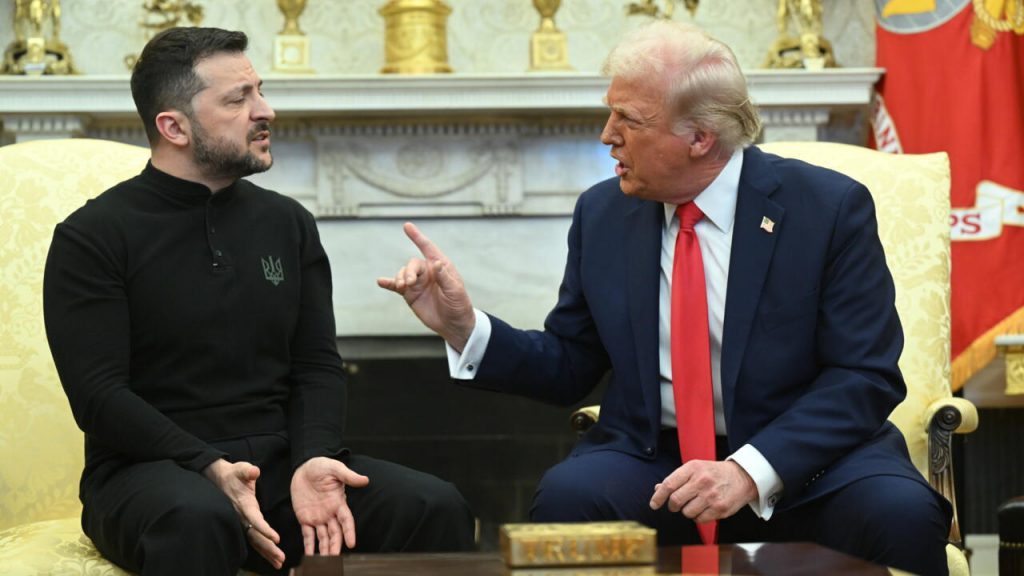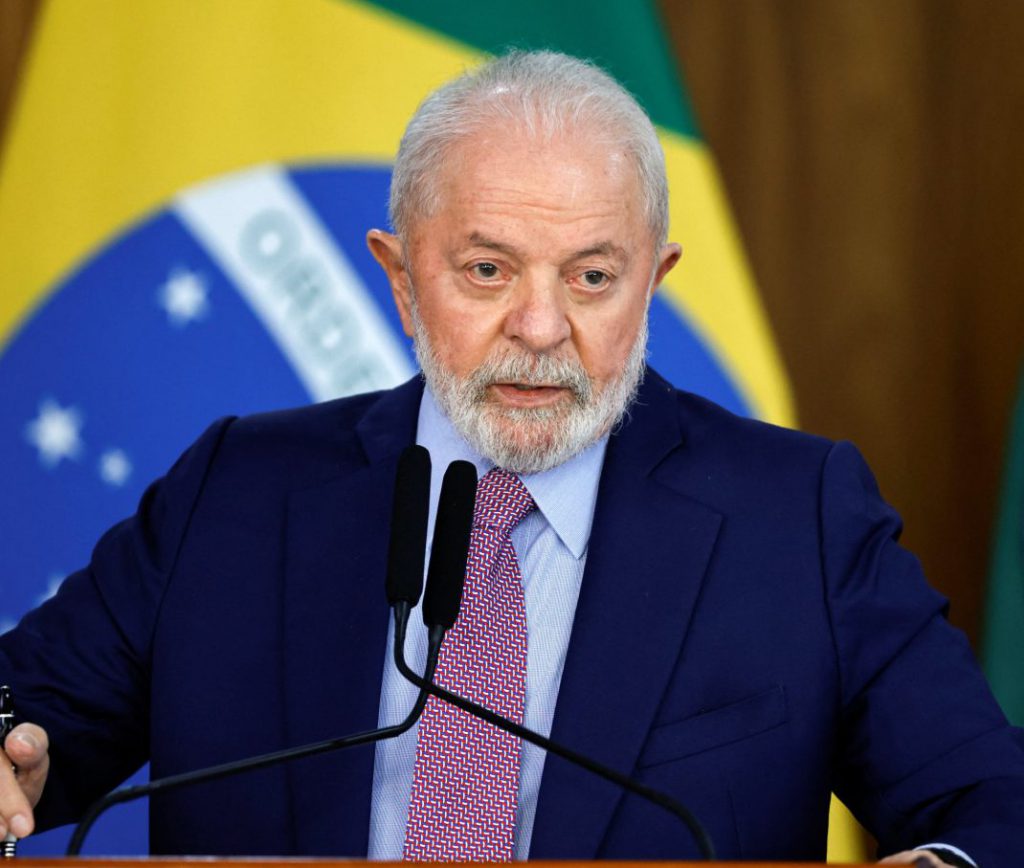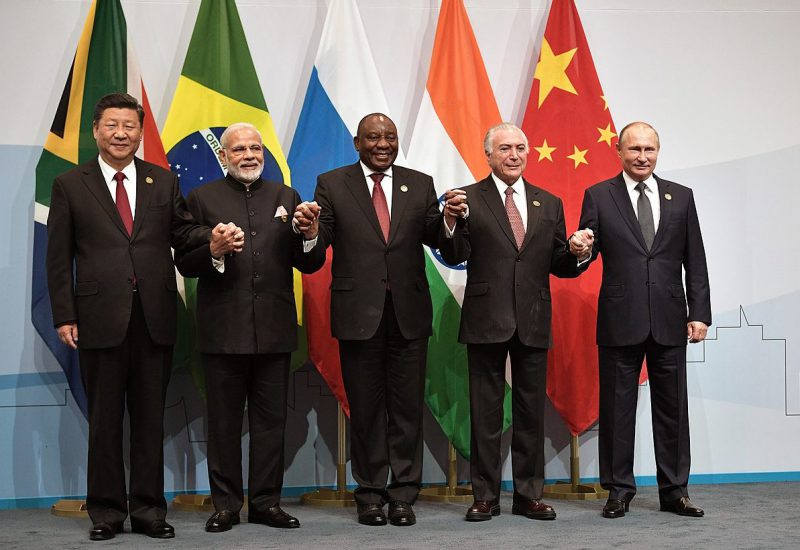The ongoing tensions between BRICS and the United States continue, with the bloc’s 2025 president eyeing increased de-dollarization as a US trade war lingers. Indeed, the West and Global South have been caught in a faceoff regarding the latter’s treatment of the US dollar.
Yet, the bloc has remained steadfast in its commitment to limited exposure and reliance on the greenback. Now, it appears all the more focused on that pursuit amid a plethora of global tariffs levied by an increasingly aggressive Trump Administration.


Also Read: BRICS Nation Turns to North Korea: Could Membership Be Nearing?
BRICS Eyeing Increased Local Currency Trade Amid US Tensions
For years, the BRICS bloc has sought to challenge the global status quo. Specifically, it has targeted the continued dominance of the US dollar in economics, with the asset becoming far and away the predominant global reserve currency. However, with the country’s penchant to weaponize the asset, the alliance saw de-dollarization as a method to secure its best interests.
That has drawn the ire of a returning US President Donald Trump, who threatened the bloc with 150% tariffs. With aggressive economic policy becoming a hallmark of the administration, those tensions may only fast-track. Indeed, the BRICS 2025 president is seeking increased de-dollarization amid a brewing US trade war.


Also Read: BRICS to Greenlight Cross-Border Payment System to Counter US Dollar?
The alliance operates on a rotating presidency, with Brazil taking up the mantle this year. According to a recent report, the country is in favor of expanding local currency trade. Indeed, the country’s Secretary of the Finance Ministry, Tatiana Rosito, recently confirmed as much.
“The trade in local currencies is already underway, for example, between Brazil and China,” she said. “No obstacles exist to that on the side of Brazil,” she added. “Therefore, the goal of BRICS is to expand the use of local currencies in any way that will make it possible to reduce costs and will be of interest for association members.”
The questions are, will the act be seen as advancing what is in the best interest of members of the bloc? Or as an affront against the greenback? Indeed, how it is interpreted will be critical in how Trump responds.





